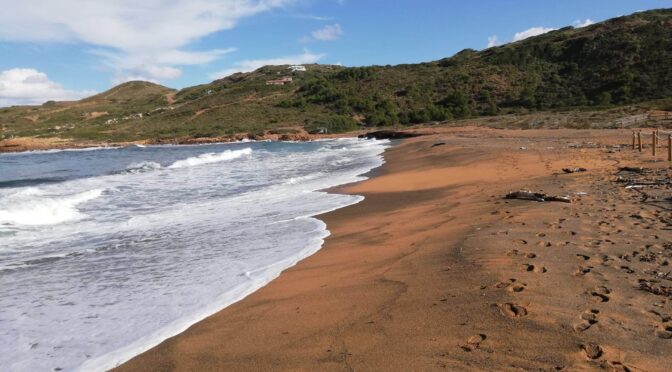Views: 1043
The season that starts in December and ends in March is often associated with a time when many things slow down, pause, or even fall into a kind of slumber. Yet, in today’s hectic world, winter might be one of the few times when external noise and distractions diminish, offering a chance to restore balance.
Interestingly, studies suggest that cold weather can stimulate creativity for physical reasons. It seems that when faced with a cold environment, the body responds by rising to the challenge, potentially enhancing our ingenuity.
At the same time, fewer daylight hours and lower temperatures often lead to introspection. This inward retreat can create space for deeper reflection as the constant barrage of social interactions and stimuli subsides.
We still do not know much about the thought processes of wildlife during this quiet season. What occupies the mind of a squirrel (or a garden dormouse) snug in its warm nest? What do larvae hidden under a few centimeters of soil “think” about, waiting for light and warmth to return? And what might ants chat about as they seal off the cracks connecting their nests to the outside world?
Our understanding of animal cognition is limited, but even more concerning is our apparent inability to apply the great advances in neuroscience to improve the human perspective on the world.
Experts warn that some academic institutions have had to lower the bar on cognitive tests because many students are now failing them. A combination of harmful effects from constant screen exposure and the growing presence of cognitive-impacting pollutants seems to be causing a worrying decline.
Perhaps due to one of these two causes, or maybe because of the waves of social trends that also have their effect, now there are people who have held important public responsibilities who declare themselves opposed to accepting the evolution of species and who believe the world was created in six days and one day of rest.
As a society, it is clear we would benefit from carving out spaces to think more clearly. So far, the 21st century has not been particularly kind in this regard.
Take the Balearic Islands as an example: we have developed impressive capacities to attract tourism, yet our per capita income declines as visitor numbers rise. Fourteen years after building a desalination plant in Ciutadella, the municipality still has one of the most degraded aquifers. Despite hundreds of deaths in flood incidents, new laws are being passed to permit construction in flood-prone areas.
Our beaches are overcrowded, so we expand parking lots. The island is bursting at its seams, yet the local government has approved the largest budget ever for tourism promotion. It feels as if, rather than finding a compass, we have opted for new shoes to continue walking in circles.
Rain did not arrive as expected this autumn, and it has been a lean year for wild mushrooms. Perhaps, at the very least, the cold will awaken our neurons and help us rediscover some long-lost inspiration.
(This text is an adaptation of the original article published by Miquel Camps, as coordinator of territorial policy for the GOB, in the Menorca newspaper on 09/12/2024).

